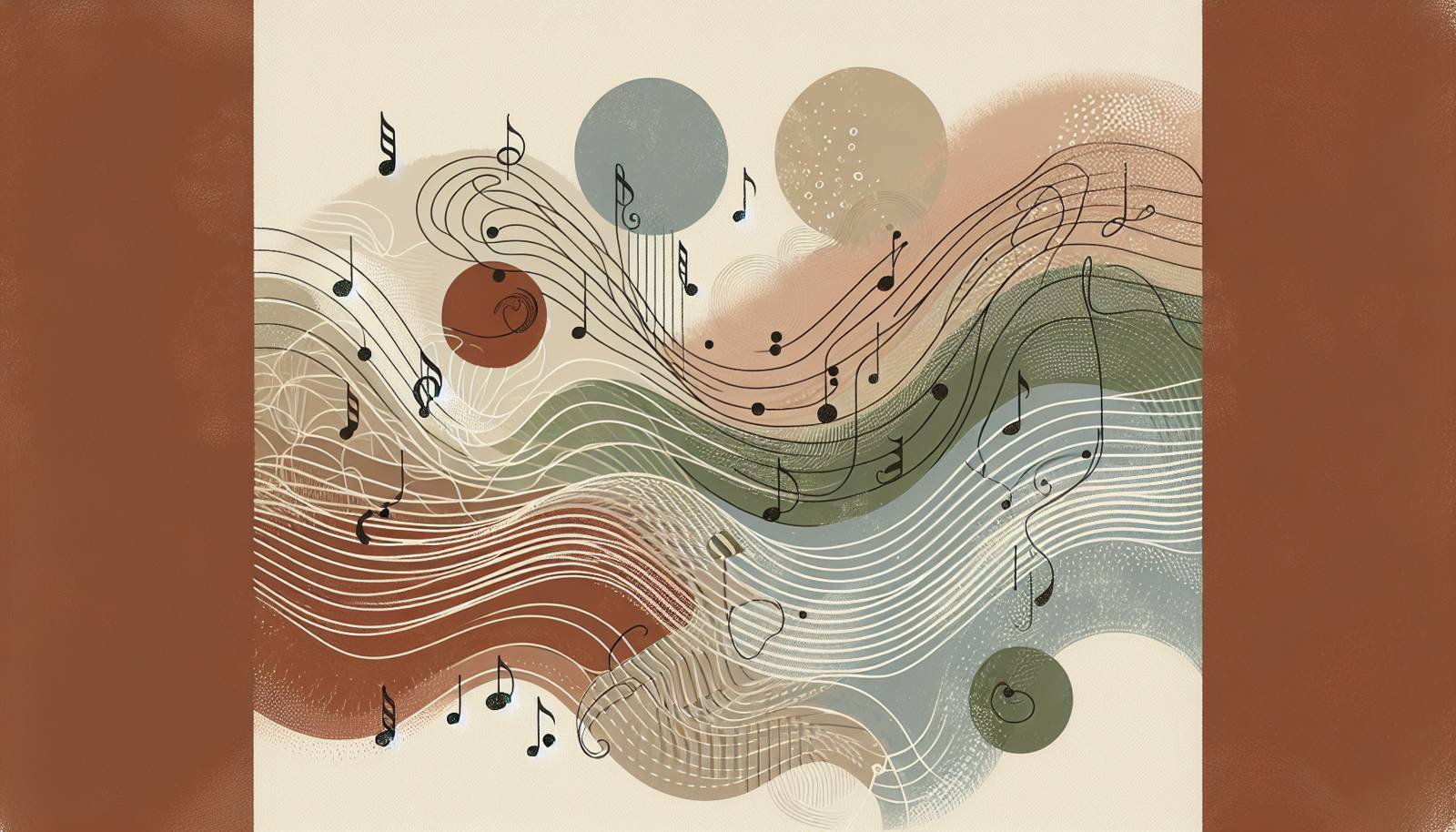
FAQ About The Impact of Globalization on Indigenous Music

What is indigenous music?
Indigenous music refers to the traditional music specific to a cultural or ethnic group that originates in a particular region. It often includes the use of traditional instruments and languages, and it plays a significant role in cultural events and rituals, helping to communicate cultural beliefs and histories.

How does globalization impact indigenous music?
Globalization affects indigenous music in several ways. It can increase the visibility and accessibility of indigenous music by allowing artists to reach a global audience through platforms like streaming services. However, it can also lead to the homogenization of music cultures, where indigenous styles might be influenced or overshadowed by dominant music forms, risking the loss of unique cultural elements.

What are the positive effects of globalization on indigenous music?
One positive effect is the ability for indigenous musicians to share their music globally, which not only creates opportunities for cultural exchange and financial gain but also raises awareness of their cultures. Globalization can lead to collaborations between indigenous and non-indigenous artists, fostering creativity and innovation while preserving traditional music.

What are the challenges faced by indigenous music due to globalization?
Challenges include the potential loss of cultural identity as indigenous music might be commercialized or altered to appeal to broader audiences. Additionally, traditional music practices might be marginalized if they are not compatible with popular music trends, risking the extinction of these musical traditions.

How does technology influence the preservation of indigenous music?
Technology plays a pivotal role in preserving indigenous music by facilitating the recording of sounds, creating digital archives, and providing platforms for global dissemination. This ensures that even isolated music traditions are documented and accessible for future generations.

Can globalization lead to the loss of indigenous musical instruments?
Yes, globalization can contribute to the decline of traditional musical instruments as modern and easily accessible digital instruments or synthesizers might replace them. This can lead to the disappearance of skills related to the making and playing of traditional instruments.

How do indigenous communities view the influence of globalization on their music?
Views on globalization among indigenous communities can be mixed. Some see it as an opportunity to spread awareness and appreciation of their culture, while others fear the dilution and commercialization of their traditional music. Community perspectives often depend on how empowered they feel to control the narrative around their music.

Is there an increase in collaborations between indigenous and non-indigenous musicians due to globalization?
Globalization has indeed increased opportunities for collaborations between indigenous and non-indigenous musicians. These collaborations can introduce traditional music to new audiences and create unique musical blends, though they must be handled respectfully to avoid cultural appropriation.

How does the commercialization of indigenous music affect its cultural significance?
Commercialization can sometimes distort the cultural significance of indigenous music by prioritizing marketability over authenticity. This transformation might strip the music of its traditional context, reducing its role as a cultural artifact and altering its meaning and purpose within the originating culture.

What role do music festivals play in the globalization of indigenous music?
Music festivals provide platforms for indigenous musicians to perform alongside global artists, increasing exposure and appreciation for their music. They offer opportunities for cultural exchange and collaboration, helping to promote indigenous music traditions on an international scale.

Are there initiatives to help protect indigenous music from the negative effects of globalization?
Yes, there are initiatives aimed at protecting indigenous music, such as laws protecting cultural heritage, organizations promoting cultural preservation, and educational programs documenting and teaching indigenous music. These efforts strive to ensure that despite global influences, the unique aspects of indigenous music continue to thrive.

What is the role of streaming platforms in influencing indigenous music?
Streaming platforms play a pivotal role by providing indigenous musicians with an accessible medium to reach global audiences. This can lead to increased visibility and opportunities for artists. However, there is also concern over fair compensation and whether platforms promote indigenous music equally compared to mainstream genres.

Can globalization lead to the revitalization of endangered indigenous music traditions?
Yes, globalization can lead to the revitalization of endangered music traditions by sparking renewed interest and appreciation for these genres. Exposure to global audiences might inspire efforts to revive and record traditional music that may otherwise have been forgotten.

How do educational programs contribute to preserving indigenous music in the context of globalization?
Educational programs contribute by teaching the younger generations about the importance and techniques of indigenous music. These programs can incorporate modern technology to document and distribute knowledge, ensuring that traditional music practices are not lost but adapted for future sustainability.

Is digital piracy a threat to indigenous music in the era of globalization?
Digital piracy poses a significant threat as it can lead to unauthorized distribution and exploitation of indigenous music, depriving artists of fair compensation. This issue complicates efforts to generate sustainable income for indigenous musicians in the global market.

Does globalization encourage cultural appropriation of indigenous music?
Globalization can lead to cultural appropriation if elements of indigenous music are used without respect or understanding, often stripped of their cultural context and significance. It raises concerns about exploitation and misrepresentation of indigenous cultures.

How do indigenous musicians balance tradition and modernity in their music?
Indigenous musicians balance tradition and modernity by blending traditional elements with contemporary influences, creating music that respects and preserves their cultural heritage while appealing to modern audiences. This fusion often involves the use of modern instruments alongside traditional ones and adopting contemporary production techniques.

What impact does global recognition have on the authenticity of indigenous music?
Global recognition can both positively and negatively impact the authenticity of indigenous music. While it can validate and celebrate these cultural expressions, it also risks initiating changes that prioritize global tastes over traditional authenticity, potentially leading to altered musical forms.

How does cultural exchange benefit indigenous music amidst globalization?
Cultural exchange benefits indigenous music by encouraging diversity, mutual respect, and creativity. It allows indigenous music to gain new influences and ideas without losing its core identity. Such exchanges can lead to broader understanding and appreciation of diverse music traditions worldwide.

Why is it important to preserve indigenous music in the face of globalization?
Preserving indigenous music is crucial for maintaining cultural diversity and identity, as these music forms carry historical and cultural significance. They play a key role in cultural continuity and offer insights into the worldviews and lived experiences of indigenous peoples, making their preservation important for both cultural richness and heritage.
